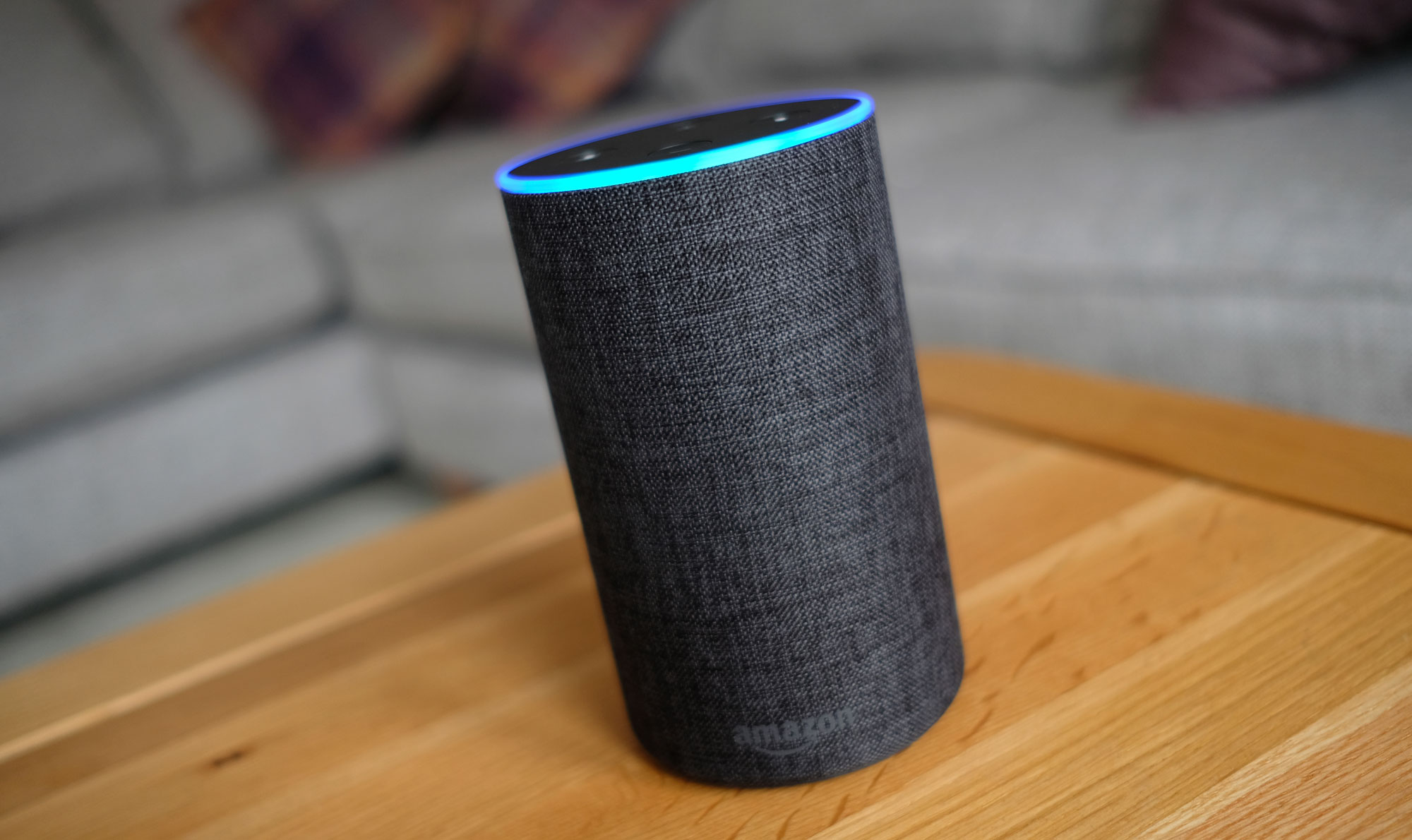Amazon now lets anyone answer questions on Alexa—what could possibly go wrong?

Amazon has a few safeguards in place, but it’s mostly hoping a basic upvote and downvote system will keep out low-quality responses.
The news: Amazon publicly launched a program called Alexa Answers in the US yesterday, Fast Company reports. It lets anyone field user questions for which its voice assistant software Alexa doesn’t already have any answer—for example “How many instruments does Stevie Wonder play?” The program was tested in a private beta with thousands of customers last year, after internal testing.
How it works: People can sign up and look for unanswered questions to answer here. Then the next time someone asks a question that’s been answered by a member of the Alexa Answers community, Alexa will speak the answer, noting that it is “according to an Amazon customer.”
Potential for misuse: If you’ve been paying any attention to big tech firms in recent years, you’ll know it’s safe to assume that if a platform can be abused, it will be—especially by coordinated trolls and other bad actors. It’s virtually a guarantee that Amazon Answers will be fed offensive or inaccurate answers (even by people without bad intentions).
Safeguards: Amazon says it will use machine learning and automated filters to strike out profanities. Bill Barton, Amazon’s vice president for Alexa Information, told Fast Company the team responsible will try to filter out “questions with a political angle.” In essence, though, it’s hoping that a Reddit-style voting system will keep the worst user impulses in check. It seems a remarkably optimistic approach, especially in a country where people are often unable to agree even on basic facts.
Sign up here for our daily newsletter The Download to get your dose of the latest must-read news from the world of emerging tech.
Keep Reading
Most Popular
Large language models can do jaw-dropping things. But nobody knows exactly why.
And that's a problem. Figuring it out is one of the biggest scientific puzzles of our time and a crucial step towards controlling more powerful future models.
The problem with plug-in hybrids? Their drivers.
Plug-in hybrids are often sold as a transition to EVs, but new data from Europe shows we’re still underestimating the emissions they produce.
Google DeepMind’s new generative model makes Super Mario–like games from scratch
Genie learns how to control games by watching hours and hours of video. It could help train next-gen robots too.
How scientists traced a mysterious covid case back to six toilets
When wastewater surveillance turns into a hunt for a single infected individual, the ethics get tricky.
Stay connected
Get the latest updates from
MIT Technology Review
Discover special offers, top stories, upcoming events, and more.